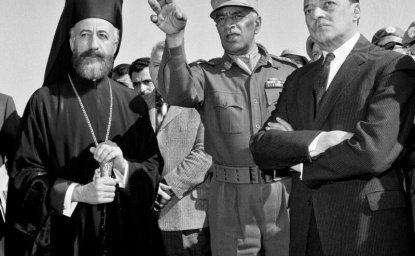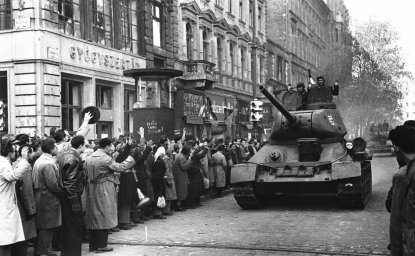In this new CWIHP Working Paper, CWIHP Senior Scholar Bernd Schaefer draws on extensive research in East German archival records on Korea to present an original and important interpretation of the effect of the Chinese Cultural Revolution on the development of North Korean foreign relations. He demonstrates that China's Cultural Revolution was a greater threat to Kim Il Sung's rule and to DPRK security than scholars have previously understood. At the same time, Kim viewed China's chaos and preoccupation as an opportunity to enhance his stature as a leader of Asian Communism. Inspired by the Vietnamese Communists' struggle to reunify their country, Kim Il Sung prepared his people for forthcoming reunification with the South and developed audacious schemes to achieve it. The seizure of the USS Pueblo in January 1968 served as a distraction from one of his failed unification plans, the attempted assassination of the South Korean president through a commando raid on the Blue House in Seoul. Schaefer argues that it remains doubtful, however, whether the April 1969 shootdown of a US spy plane with thirty-one men on board was part of this effort.
Bernd Schaefer is a Research Fellow at the German Historical Institute in Washington and a CWIHP Senior Research Scholar. Among his recent publications is "Weathering the Sino-Soviet Conflict: The GDR and North Korea, 1949-1989," published in CWIHP Bulletin 14/15 (Winter 2003/Spring 2004).
You can download the paper from the Publications section or by clicking on the link below:
WP#44: North Korean 'Adventurism' and China's Long Shadow, 1966-1972

Cold War International History Project
The Cold War International History Project supports the full and prompt release of historical materials by governments on all sides of the Cold War. Read more




